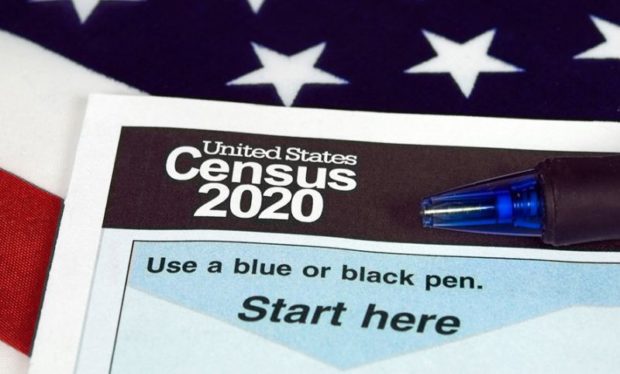Rights groups submit evidence of GOP census plot against minorities
GREENBELT, Maryland – Newly discovered evidence contradicts the Trump administration’s claims that it added a citizenship question to the 2020 Census simply to enforce the federal Voting Rights Act. The evidence confirms that the purpose was to deprive Latinos of constitutionally protected political representation.
Census data are crucial to allocating seats in Congress, drawing accurate election districts and ensuring equitable distribution of federal funds for a wide range of vital programs.
The documents submitted to U.S. District Court Judge George J. Hazel on Friday reveal the first evidence of direct contact between Thomas B. Hofeller, a GOP redistricting strategist, and Christa Jones, a Census Bureau official, who was the main intermediary between the Bureau and Secretary Ross when the decision to add the citizenship question was issued in March of 2018.
Late last month The New York Times revealed that Hofeller, now deceased, worked with the administration to include a citizenship question as a way to unlawfully advantage “Republicans and Non-Hispanic Whites.”
MALDEF (Mexican American Legal Defense and Educational Fund) and Asian Americans Advancing Justice | AAJC (Advancing Justice | AAJC) submitted the new evidence, and on Tuesday, June 18, will ask Hazel to reconsider whether the administration conspired with others to intentionally discriminate against Latinos and non-citizens.
“This new evidence explicitly reveals that the citizenship question was motivated by a desire to minimize representation of Latinos and disadvantage immigrants, non-citizens, and communities of color,” said John C. Yang, President and Executive Director of Asian Americans Advancing Justice | AAJC. “The census must be free from discrimination so that all communities have the access and resources they need to thrive.”
MALDEF and Advancing Justice | AAJC sued the Trump administration in May 2018 on behalf Latino and Asian American individuals, Native Americans, social service non-profits, state legislative associations, civil rights groups, voting rights organizations, and community partnerships that would be forced to divert resources to combat a potential severe undercount in their respective communities.
On April 5, 2019, Hazel ruled that the addition of the citizenship question violates the Administrative Procedure Act and the Enumeration Clause of the U.S. Constitution. The court, however, fell short of granting MALDEF’s and Advancing Justice | AAJC’s claim that the administration’s intention in adding the question was to discriminate against non-citizens and communities of color in the decennial Census to deprive racial minorities of their constitutional right to equal representation.
MALDEF and Advancing Justice | AAJC filed an appeal on April 14 in the U.S. Court of Appeals 4th Circuit challenging Judge Hazel’s ruling on the question of whether the motive for adding the citizenship question was unconstitutionally discriminatory. That appeal is moving forward.


